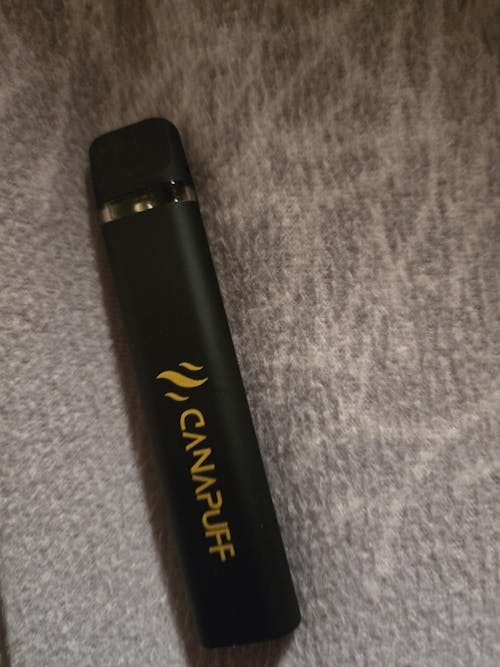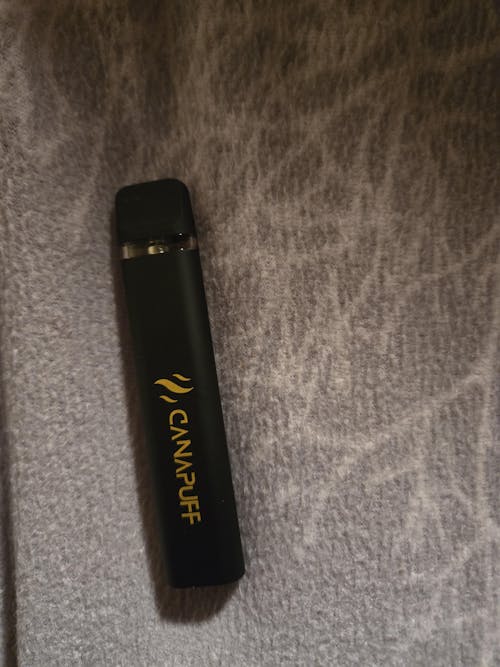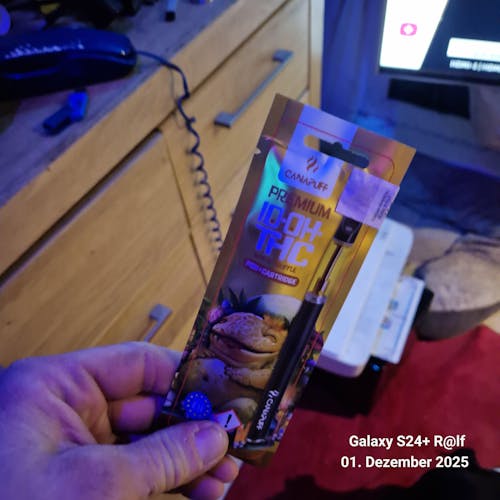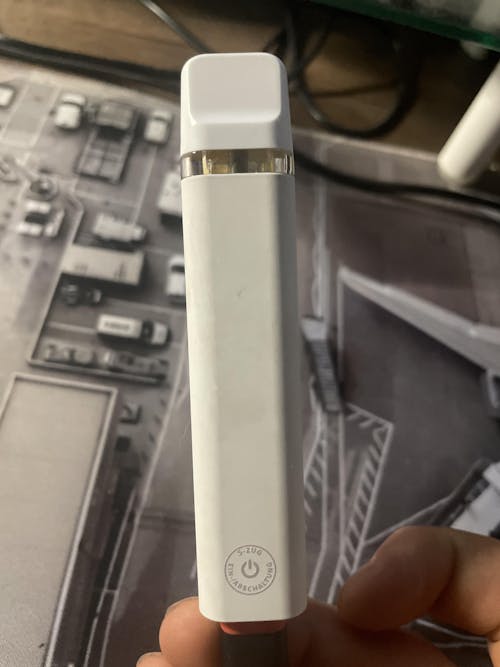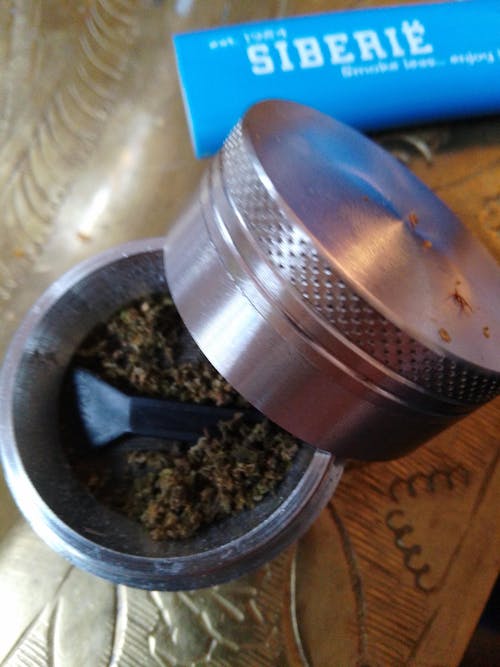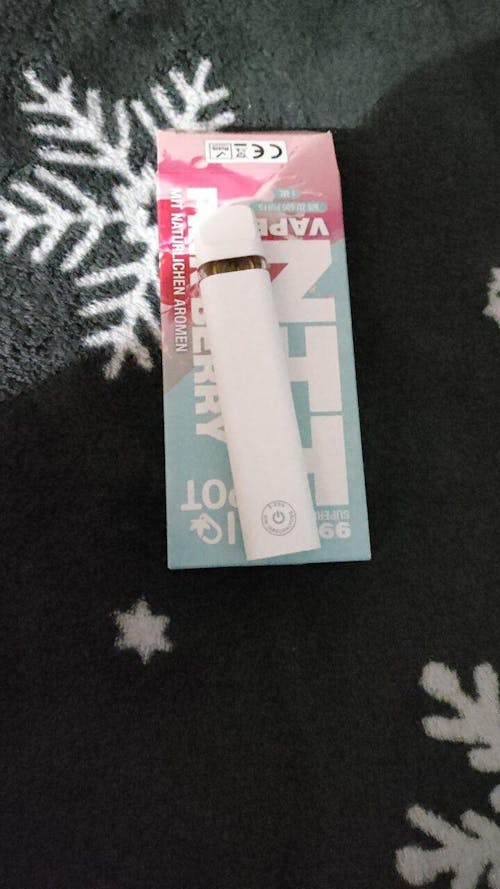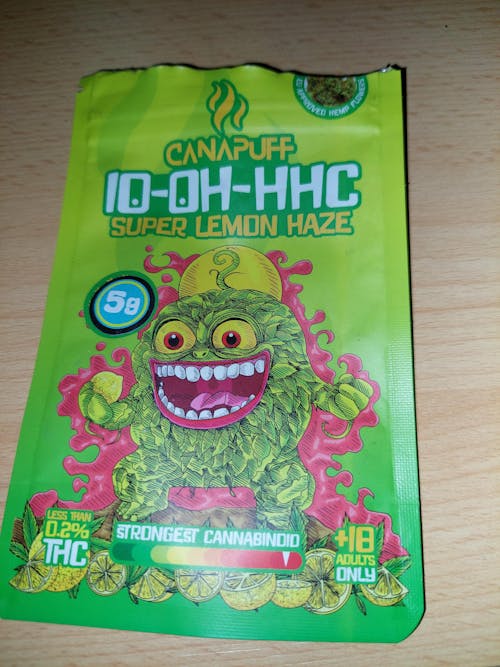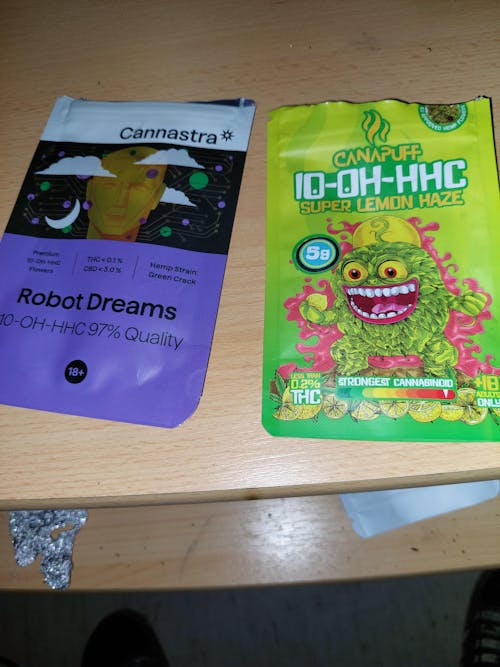What is THC?
THC – you are probably already familiar with these three letters. But what exactly is THC? In short, it is the cannabinoid in the plant responsible for the characteristic high. This article provides a straightforward explanation of how THC works, what you should be aware of, and why, for many, it is more than just an intoxicant.
What does THC actually mean?
THC stands for Tetrahydrocannabinol—an active compound found in the cannabis plant. It is primarily known for its psychoactive effects. When someone refers to a "high," THC is almost always involved.
How does THC work in the body?
THC affects the so-called endocannabinoid system—a network within the body that regulates mood, sleep, appetite, and pain management, among other functions. After consumption, THC binds to specific receptors in the brain and produces its effects there.
- Altered perception of time and sensory experiences
- Euphoria or deep relaxation
- Increased appetite (the well-known "munchies")
- Sometimes heart palpitations or dry mouth
How quickly does THC take effect—and how long does it last?
This depends on the method of consumption:
- Smoked or vaporized: Effects usually begin within minutes and last 1–3 hours
- As edibles: Delayed onset (30–90 minutes), but effects can last up to 6 hours or longer
What is the difference compared to CBD?
CBD is also a cannabinoid, but it is not psychoactive. It is often used for stress, inflammation, or sleep issues—without causing a high. Many people combine CBD and THC to better target specific effects.
What contains THC?
There are many products that contain THC, designed for different needs:
- Cannabis Flowers
- Oils and tinctures
- Edibles
- Vapes, concentrates, topicals (e.g., ointments)
The effects, duration, and intensity can vary significantly depending on the product.
How much THC is in cannabis?
The THC content depends on the strain:
- Below 10 %: Mild, often ideal for beginners
- 10–20 %: Moderate strength for experienced users
- Above 20 %: Very strong, generally for advanced consumers
Alternative without intoxication: H4CBD
If you are looking for a non-psychoactive option, H4CBD is a good alternative. This cannabinoid provides gentle relaxation without intoxication—ideal for unwinding. In our shop you will find H4CBD Flowers, Vapes, and more.
Medical use of THC
THC is no longer just for recreational use—it is also used for targeted medical purposes, for example in the treatment of:
- Chronic pain
- Nausea caused by chemotherapy
- Loss of appetite
- Sleep disorders
Through platforms such as Telecan°, physician-supervised THC therapy is even possible—conveniently online.
FAQs
How does THC work in the body?
THC binds to CB1 receptors in the brain, thereby affecting perception, mood, appetite, and coordination.
What is the difference between THC and CBD?
THC produces a high, while CBD does not. Both have different effects in the body and distinct areas of application.
How long do the effects of THC last?
Depending on the method of consumption: 1–3 hours when smoked, up to 6 hours or longer with edibles.
In which products is THC found?
For example, in Flowers, oils, edibles, or Vapes. The effects vary depending on the product and dosage.
Are there legal alternatives to THC?
H4CBD is a legal alternative—with relaxing effects but without the classic high.










